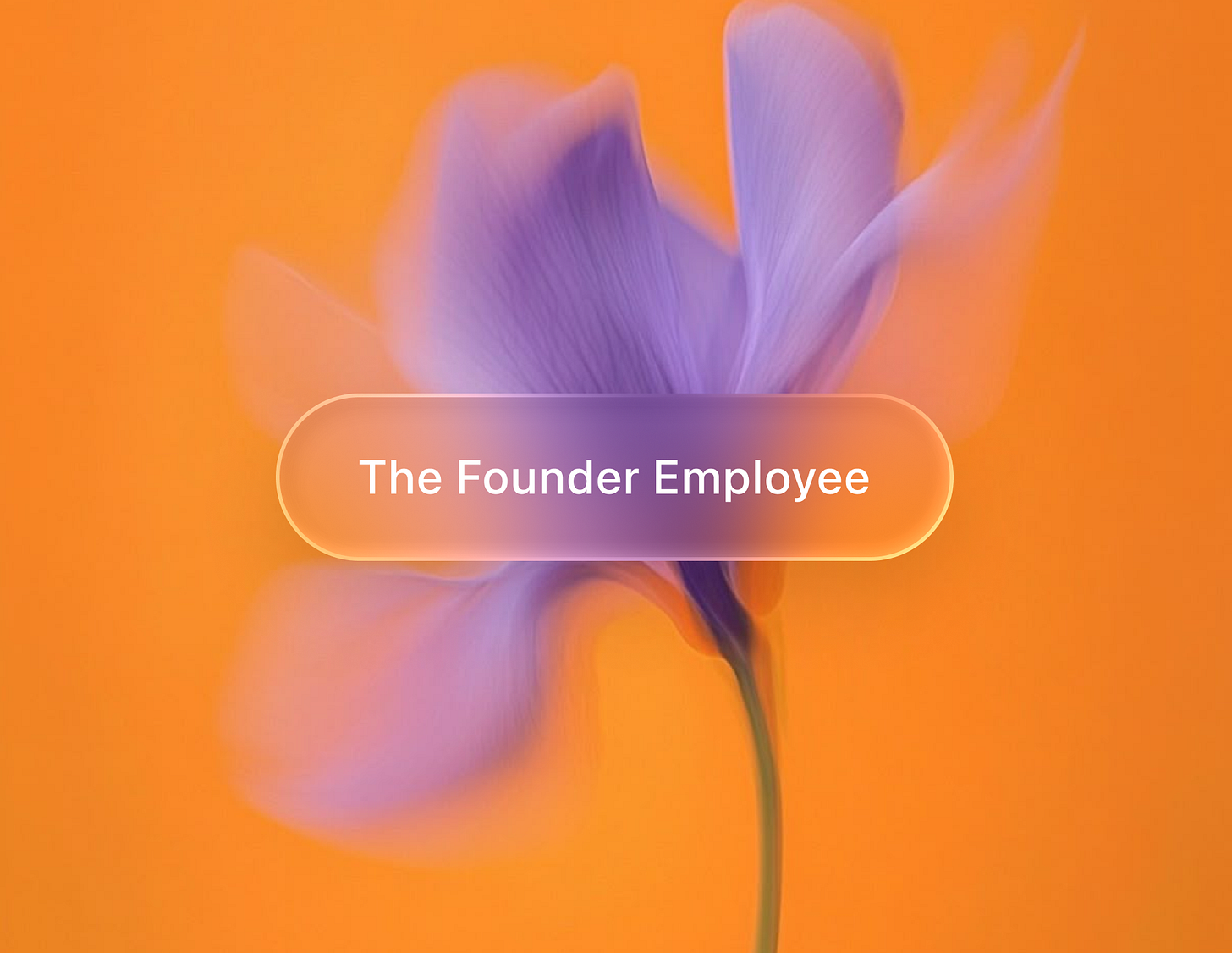Winning Teams Hire Founders
The best companies aren’t run by people doing jobs. They’re run by people acting like the company is theirs. High urgency. Deep customer obsession. A willingness to push far beyond any job description.
I realized this early at Lovable. From the start it was obvious that everyone cared about the product and the company vision with an intensity I hadn’t se…




